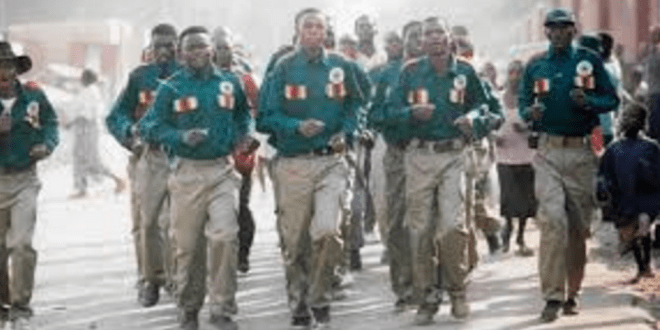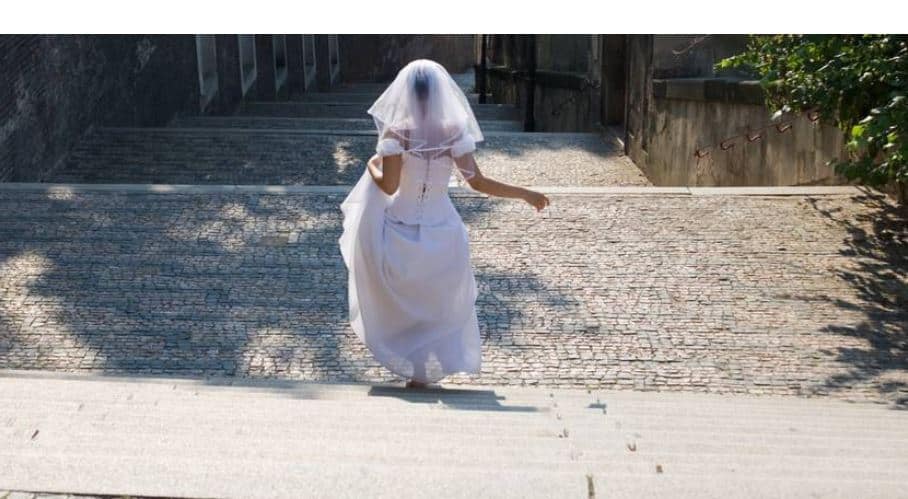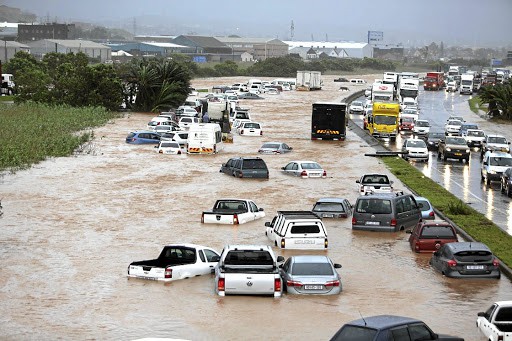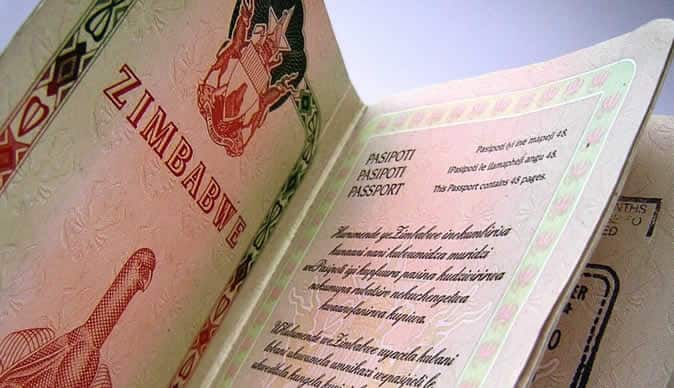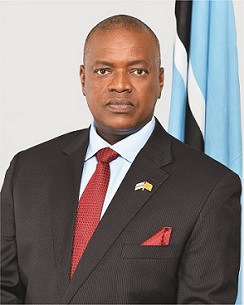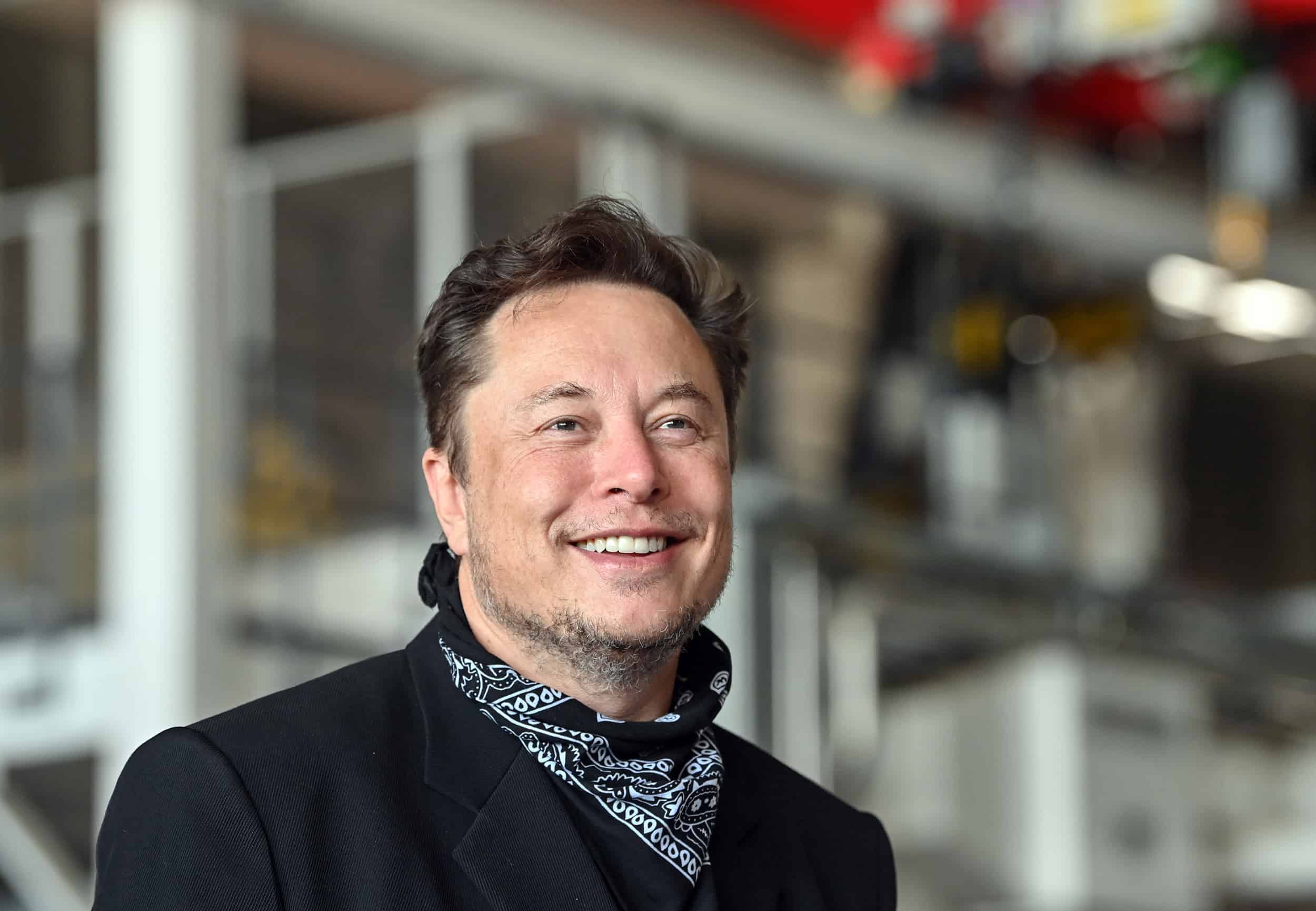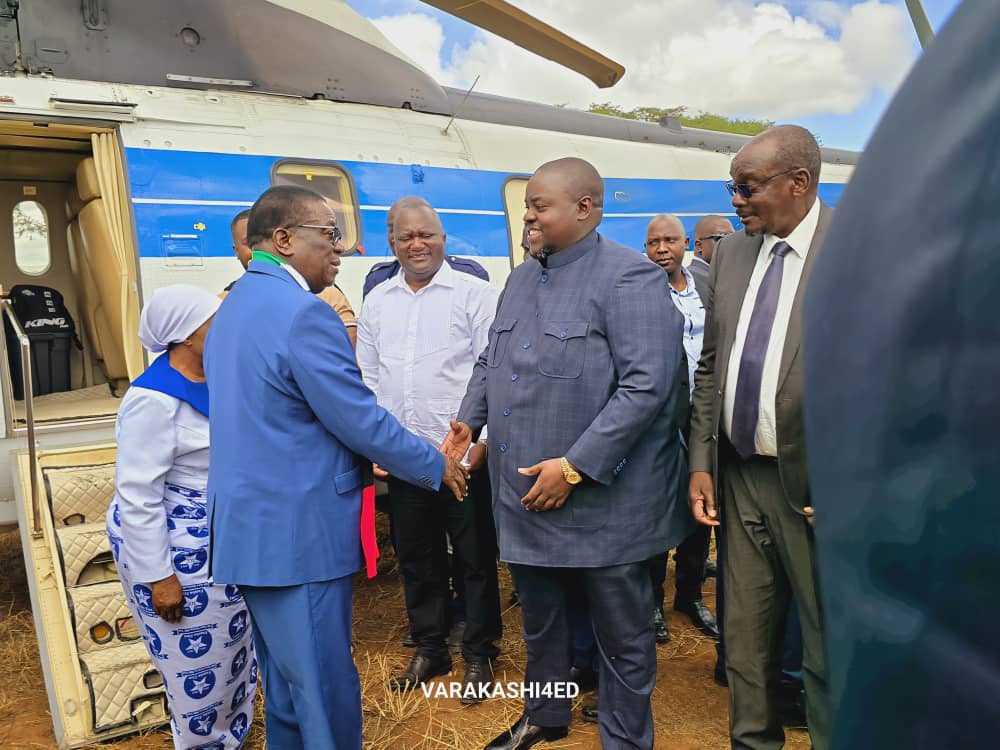ZwNews.com
President of Zimbabwe Emmerson Mnangagwa has been urged to walk the talk on youths engagement and inclusion if the young people’s participation in the country’s socioeconomic and political settings is to be realised.
Mnangagwa is on record calling for youths active participation in all areas of concern, saying they are the leaders of tomorrow.
“Today I met some of our nation’s children; our future. We’re working for a brighter future for you, investing in roads, railways, housing, infrastructure & most importantly, education and technical skills. Investment today for the generation of tomorrow,” nice words from the President, a day before Zimbabwe’s 39th Independence anniversary.
Be that as it may, the youths have implored Mnangagwa’s administration to provide enough space for them to actively play their part in turning the country’s fortunes, through policies that promote democratic freedoms as enshrined in Zimbabwe’s supreme law.
Contributing in a panel discussion held recently in Harare, on the shrinking civic space in Zimbabwe, the National Association of Youth Organisations in Zimbabwe (NAYO) said the effective participation of youth can only be guaranteed in an open civic space with the respect of the freedoms of assembly, association and expression.
NAYO called on the government to enact the necessary legislative measures that allow for citizens especially the youth to exercise the freedoms of association, expression and assembly.
However, political analyst Elder Mabhunu says though ideal, it is highly unlikely that Mnangagwa will open the democratic space, moreso following his failure to improve the economy, since taking over the reins in 2017 through a military coup.
Mabhunu says Mnangagwa is now stuck between a hard place and a rock as he struggles with the economy with inflation believed to be standing at more than 270 per cent.
“Mnangagwa is sitting on a time bomb, and civic unrest cannot be ruled out. I don’t see him liberalising the democratic space for any one, civil organisations included,” he says.
Mabhunu adds that to make matters worse, Mnangagwa has retained the provisions of the draconian Public Order and Security Act (POSA), in his new bill, the Maintenance of Peace and Order Bill.
POSA have been abused by the state to suppress democratic freedoms of expression, association and the like.
Meanwhile, on April 23, 2019, NAYO won an urgent Chamber application it filed at the High Court through Zimbabwe Lawyers for Human Rights challenging Zimbabwe Republic Police’s ban of its Solidarity March to Petition Parliament of Zimbabwe on shrinking civic space.
The development came after Mnangagwa’s administration who stand blamed for human rights abuses, has been at odds with NGOs accusing them of advancing a regime change agenda, and Mnangagwa uses POSA provisions to deprive citizens of their rights.
In a related matter, the European Union (EU) recently announced a US$5,5 million funding facility for pro-democracy civic organisations in Zimbabwe, meant to capacitate civil society organisations (CSOs) to contribute meaningfully towards good governance, accountability and development processes in Zimbabwe.

